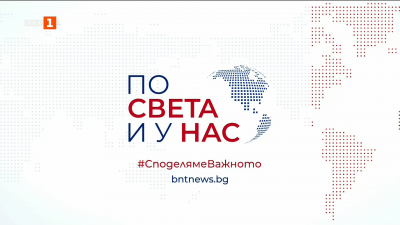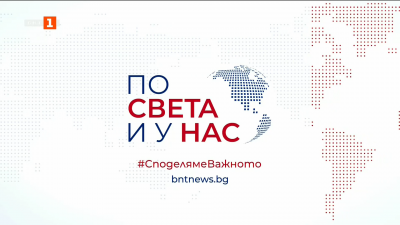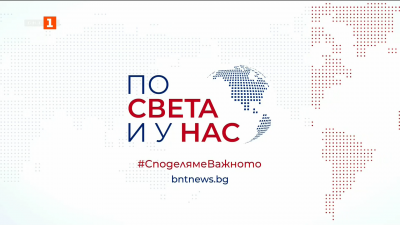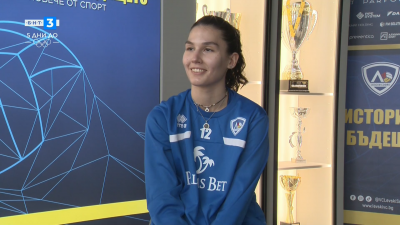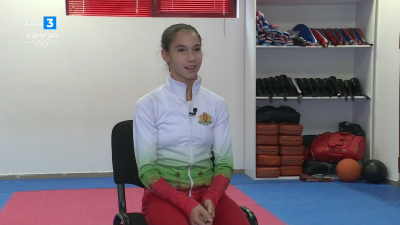Scientific study of the collective genome of the Bulgarians
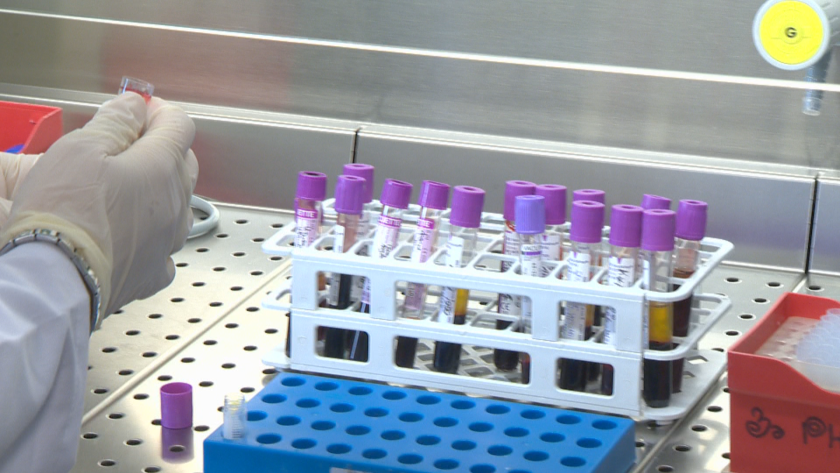
For the first time, scientists will study the collective genome of the Bulgarians. Bulgaria is joining a large-scale European project in which each country will present the gene typical for its population.
The aim of the genome study is to better understand how our DNA affects our health, the risk of developing hereditary diseases, how Bulgarians absorb different drugs, which diseases we are predisposed to and which we have resistance to. The research is being conducted by the Medical Universities of Sofia and Plovdiv and is funded by the Ministry of Education and Science.
In order to carry it out, data will be collected from 6,500 adult Bulgarians from all major ethnicities and geographical areas of the country. The project involves 20 European countries.
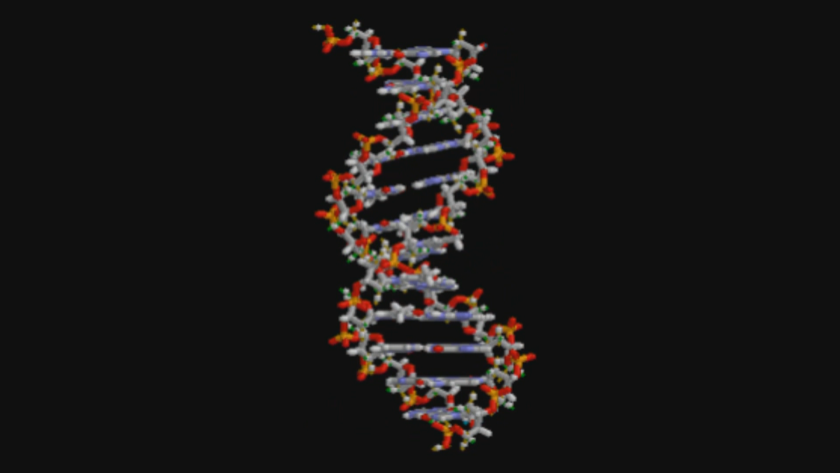
The pilot phase of the "Genome of Bulgaria" project is currently underway in Sofia and Plovdiv. More than 400 people have donated blood for the research. One of them is computer science student Zhivko Kirishev.
"I found out about the genome project on the Internet, I decided to volunteer because it will develop medical science in Bulgaria a lot, together with that we will also find out what the genetic variations are among the Bulgarian population", said Zhivko Kirishev, a computer science student.
In this lab, DNA is isolated from blood samples and will be read in its entirety, this is called whole genome sequencing. In the pilot stage, 1,000 healthy adult Bulgarians are planned to be tested.
"We need as many people as possible, we are recruiting volunteers, so they are welcome," appealed Kristiyana Vitanova, a PhD student at the Centre for Molecular Medicine, MU-Sofia.
The genome sequencing itself is carried out in the Genomic Research Laboratory of the Medical University of Sofia. The head of the unique for Bulgaria project, prof. Radka Kaneva, says that firstly, a representative sample of the Bulgarian population has to be gathered, then by examining the genomes of the volunteers, information will be obtained about all the variations in the human genome that are characteristic of Bulgarians.
"We still do not have data on the Bulgarian genome. We have fragmentary data obtained in preliminary projects, but comprehensive genome sequencing on this scale has not been done. It is extremely important to have such data for the development of genomic medicine. The medicine of the future is genomic medicine, because a very large number of diseases are actually fundamentally due to changes in our genome, in our DNA," explained Prof. Radka Kaneva, Head of the Centre for Molecular Medicine, Medical University of Sofia.
To find out whether we have found the cause of some genetic disorder, explains prof. Kaneva, we need to compare with the genome of the healthy Bulgarian population.
"If we find a unique variant, which is not found anywhere in the world, for the first time it is seen, we are not absolutely sure whether it is the cause of the disease or a variant characteristic for the Bulgarian population. If we compare it with the data from healthy controls we have studied and find it in other people who are not ill, it will help us to diagnose more easily," said Prof. Kaneva.
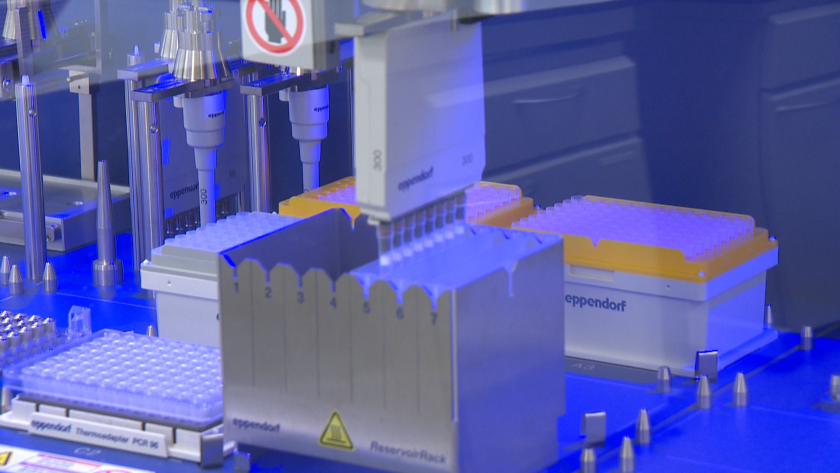
The study will help determine predisposition to familial cancers and cardiovascular disease, Alzheimer's, Parkinson's and diabetes. Volunteers who want to take part in the study are required to sign an informed consent that their data will be used. They will not receive their full genomic studies, but..
"If we find that one of them carries a variant that is certainly pathogenic and is associated with the development of a particular disease, and the person has expressed a desire to know what we have found, we will find a way to contact them and alert them so that action can be taken," said Prof. Kaneva.
Volunteers' personal data will be fully protected. Until now, the project has been impossible because the technology was not available. It is now funded by the Ministry of Education and Science. At this stage, the project is a pilot, but a sample of 6,500 people from all regions and ethnic groups will later be taken to represent the entire Bulgarian population.
Get the latest news wherever you are!
Follow us on
Facebook
and
Instagram
Follow BNT’s YouTube channel
You can now also watch us on
TikTok
Find us on
Google News







